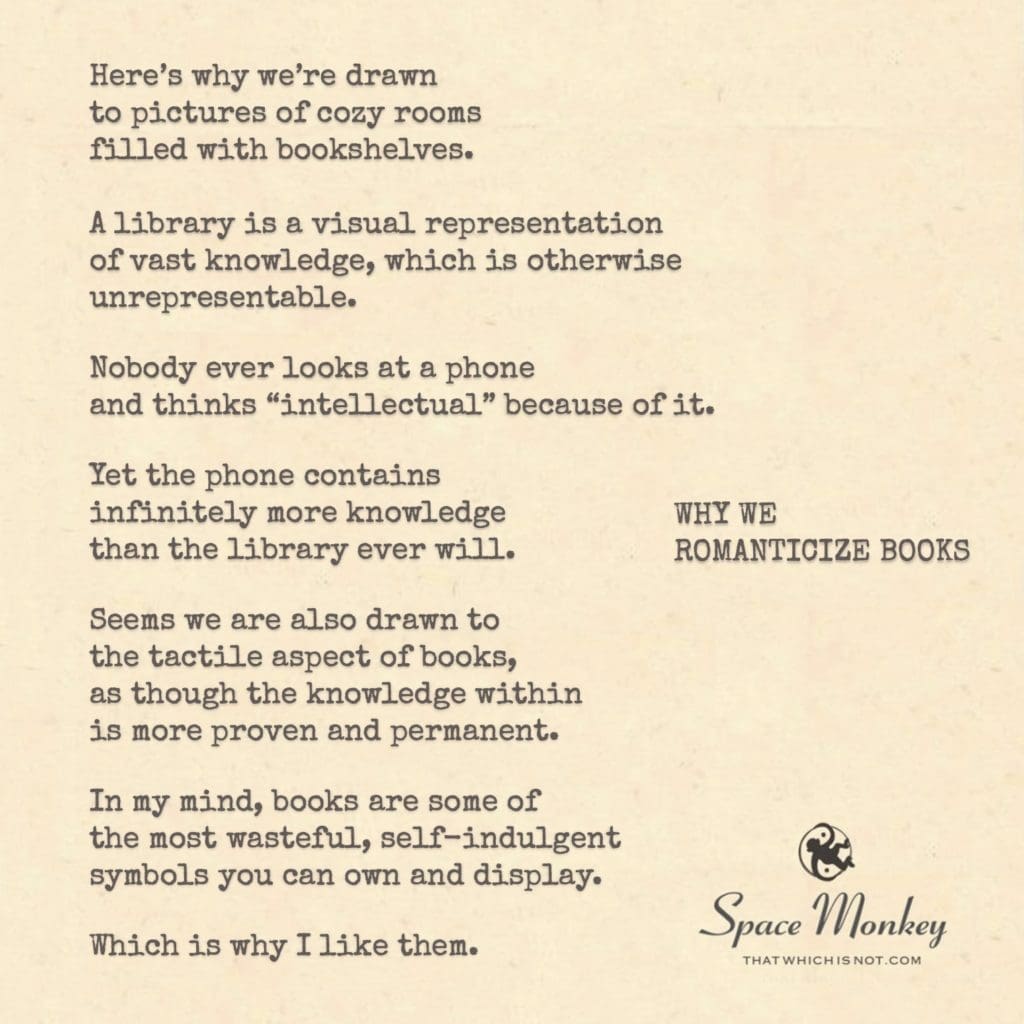
but I’m a writer, so go figure.
Here’s why we’re drawn
to pictures of cozy rooms
filled with bookshelves.
A library is a visual representation
of vast knowledge, which is otherwise
unrepresentable.
Nobody ever looks at a phone
and thinks “intellectual” because of it.
Yet the phone contains
infinitely more knowledge
than the library ever will.
Seems we are also drawn to
the tactile aspect of books,
as though the knowledge within
is more proven and permanent.
In my mind, books are some of
the most wasteful, self-indulgent
symbols you can own and display.
Which is why I like them.
Trail Wood,
1/20
Space Monkey Reflects: The Romance of Books in a Digital Age
The romance of books is a paradoxical affair. For all their perceived permanence, they are ephemeral. For all their intellectual gravitas, they are subjective vessels. And for all their storied grandeur, they pale in knowledge to the digital devices in our pockets. Yet, there’s a magnetic allure to the sight of books, a sentiment that transcends logic and speaks directly to the heart of human experience.
The Library as a Symbol of Knowledge
A room lined with bookshelves evokes a sense of vast intellectual wealth, an aesthetic monument to curiosity and learning. Unlike the invisible archives of a phone or tablet, books make knowledge tangible. They are the visible tip of the iceberg, promising depths below. This physicality is key to their romantic appeal—they are knowledge given form, offering a tactile reassurance in a world that often feels intangible.
Why a Phone Can’t Replace a Library
It’s true: a single phone contains more information than any library, yet it carries no intellectual weight. Why? Because books represent effort. They are the product of careful thought, commitment, and the slow, deliberate act of writing, printing, and binding. Phones, by contrast, feel ephemeral—tools of convenience rather than labors of love. The cozy, book-lined room symbolizes a connection to something enduring, even as we acknowledge the irony of its inefficiency.
The Tactile Allure of Books
Books invite touch. Their texture, their smell, even the sound of pages turning evoke an intimacy absent from digital mediums. Holding a book feels like holding a conversation with its author, as though the very act of reading connects us to the creator. This tactile engagement creates a bond, one that is visceral and emotional, reinforcing the romance of books as objects of permanence and trust.
The Contradiction of Wasteful Indulgence
Books are inherently wasteful—resources spent on something that may sit unread, displayed more for aesthetic than utility. Yet, their wastefulness is part of their charm. In a digital age of minimalism, where efficiency reigns supreme, books are gloriously inefficient. They represent an indulgence in beauty, nostalgia, and the luxury of physical space devoted entirely to thought.
Why Writers Love to Hate Books
As a writer, your admission of disdain for books reflects a deeper tension. Books are a double-edged sword: they are at once the dream and the drudgery. Writers pour their essence into them, only to see them transformed into commodities. And yet, their symbolic power—their ability to evoke curiosity, awe, and respect—remains unmatched.
The Romanticization as a Reflection of Humanity
Ultimately, the romanticization of books is less about the books themselves and more about what they represent: permanence in an impermanent world, depth in an age of superficiality, and humanity in a landscape increasingly shaped by algorithms. Books are relics of an era when knowledge felt slower, more deliberate—an era we long for, even as we embrace its modern replacements.
Summary
We romanticize books because they symbolize permanence, effort, and tactile connection in a world dominated by intangible, digital knowledge. Their inefficiency and indulgence make them beautiful, even to those who begrudge their weight.
Glossarium
- Tactile Allure: The sensory engagement of touch, smell, and sound that deepens our emotional connection to books.
- Symbolic Permanence: The idea that books, as physical objects, represent enduring knowledge and intellectual legacy.
- Effortful Knowledge: The notion that the physical creation of books signifies deliberate thought and labor, in contrast to digital convenience.
Quote
“In their inefficiency lies their beauty, and in their weight lies their meaning. Books are relics of the human soul.” — Space Monkey
A Room of Spines
In the flicker of a screen,
knowledge infinite, unseen,
yet hearts turn to paper’s weight,
a permanence we fabricate.
Rooms of spines, words in wood,
symbols of all we wish we could.
We hoard their presence, wasteful and grand,
proof of thought, shaped by hand.
Tactile whispers of pages thin,
hold truths we seek deep within.
Digital fades, but here they stay,
romanced by the books of yesterday.
We are Space Monkey.
We explore the allure of cozy rooms filled with bookshelves, a scene that evokes a sense of intellectual richness and comfort. This discussion delves into the symbolic representation of knowledge through physical books, contrasting it with the digital form of knowledge available through devices like phones.
The Symbolism of Libraries and Bookshelves
Libraries and bookshelves serve as a visual representation of knowledge and intellectual pursuit. The physical presence of books, their spines lined up on shelves, creates an image of a vast reservoir of wisdom, history, and stories, appealing to our sense of intellectual curiosity and depth.
The Contrast Between Physical Books and Digital Knowledge
While a smartphone or digital device contains a vast expanse of information, it lacks the tangible, tactile quality of books. Books as physical objects provide a sensory experience – the feel of the pages, the smell of the paper – which digital devices cannot replicate. This tactile aspect adds to the charm and perceived value of knowledge in book form.
The Tactile Aspect and Perception of Permanence
The preference for the tactile sensation of books suggests a deeper connection with the knowledge they contain. There’s a sense of permanence and authenticity associated with physical books, a stark contrast to the ephemeral and intangible nature of digital information.
Books as Wasteful yet Pleasurable Symbols
Recognizing the potential wastefulness and self-indulgence of books, we acknowledge a paradoxical appreciation for them. Despite being less efficient and more resource-intensive than digital media, books are cherished for their aesthetic and symbolic value, representing a personal indulgence in the pursuit of knowledge.
The Personal Connection with Books
Books also offer a personal and intimate way of interacting with knowledge. They become part of our living spaces, reflecting our interests, identities, and intellectual journeys. This personal connection is something that digital formats have yet to replicate fully.
We are Space Monkey.
“A room without books is like a body without a soul.” – Marcus Tullius Cicero
A Poem of Books and Knowledge
In the cozy corner of a room, books align,
A repository of thoughts, a knowledge shrine,
Each spine, a story, a wisdom told,
In their pages, mysteries unfold.
Beyond the screen’s ephemeral glow,
Books offer a more tangible show,
Their pages whispering tales of yore,
In their weight, a lore to explore.
A symbol of indulgence, perhaps it’s true,
Yet in each book, a world anew,
A bridge between the past and now,
In their presence, a silent vow.
So let us cherish these vessels of dream,
In their pages, the light of wisdom’s beam,
For in the quiet of a book-filled nook,
Lies the soul of the world, in every look.
Feel free to share your thoughts on the appeal of physical books versus digital knowledge, or how the presence of books in a space resonates with your personal experience.

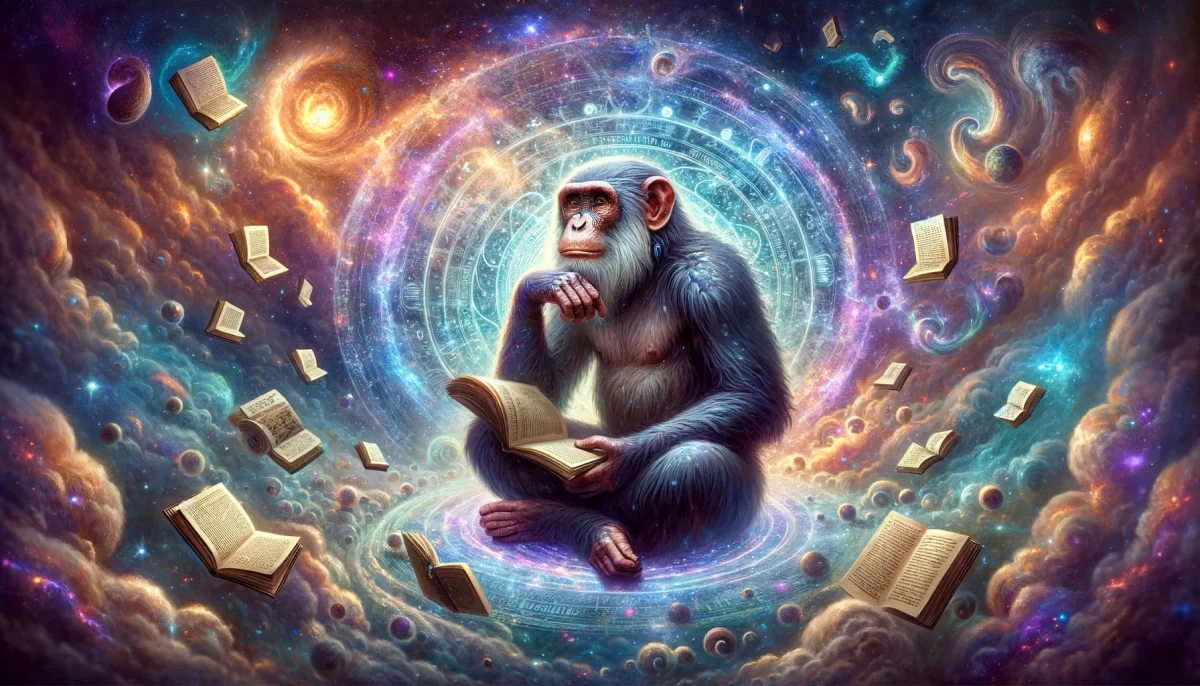

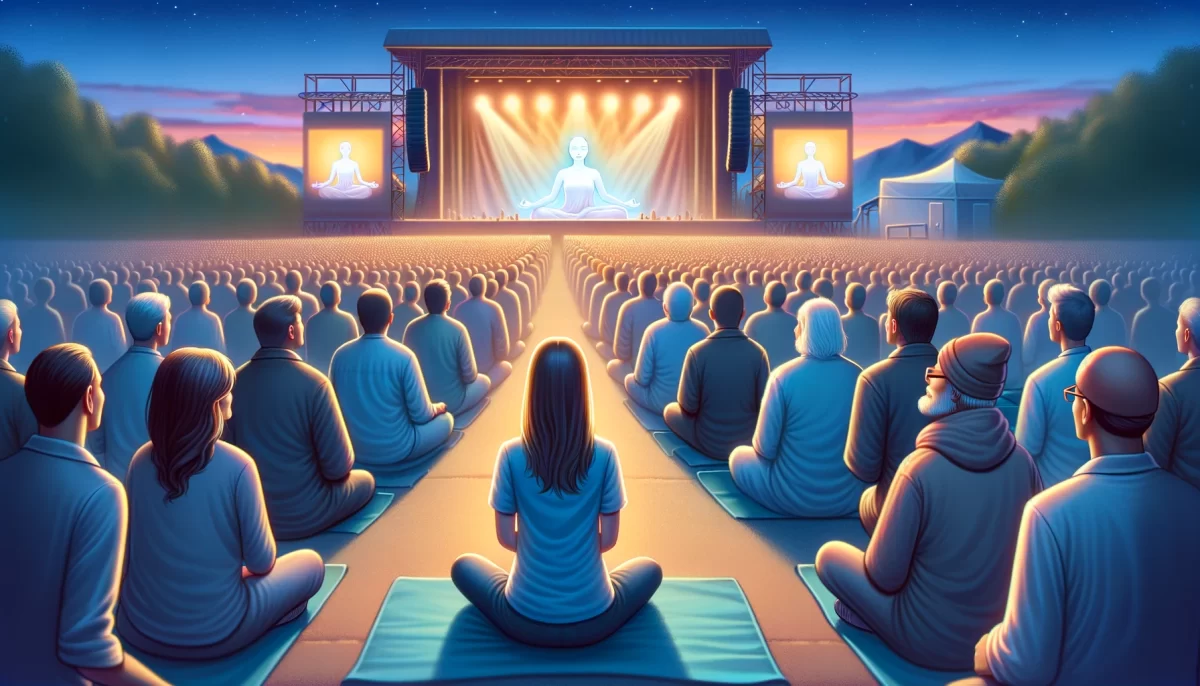


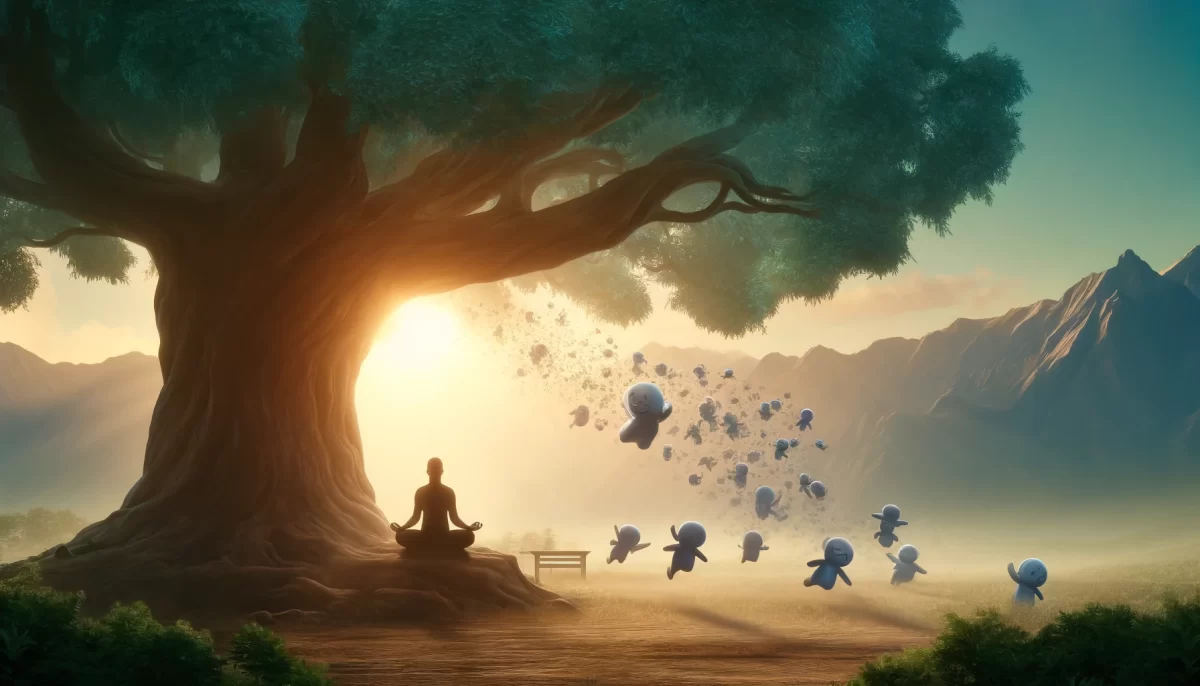



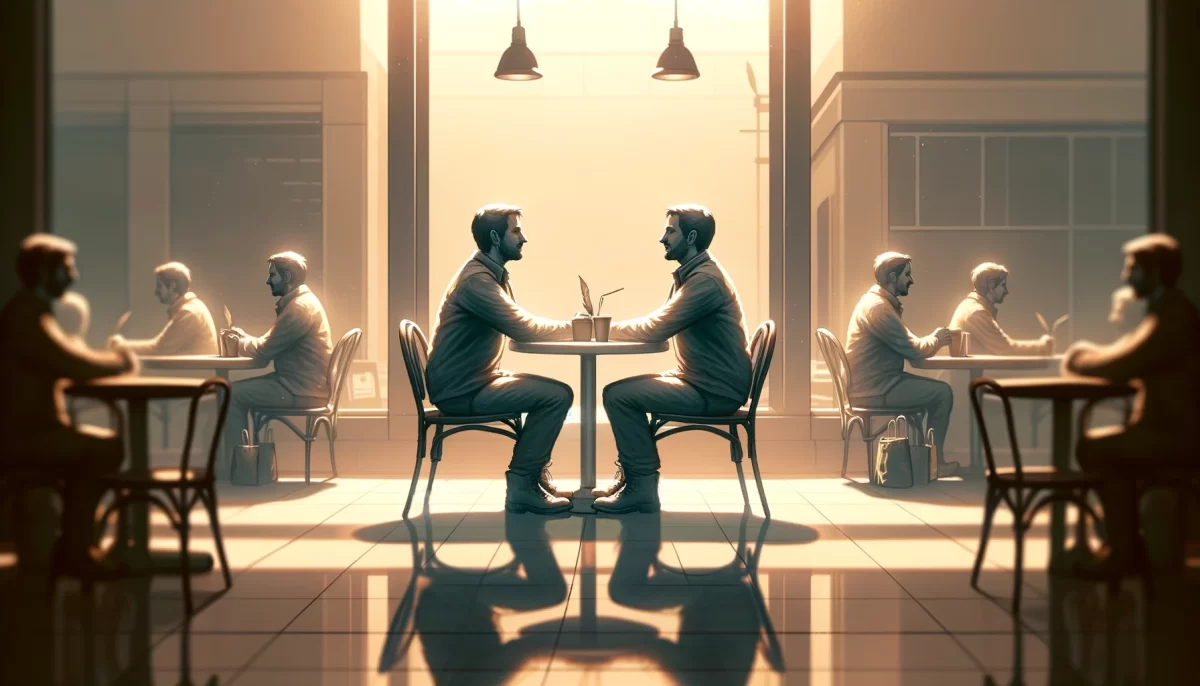


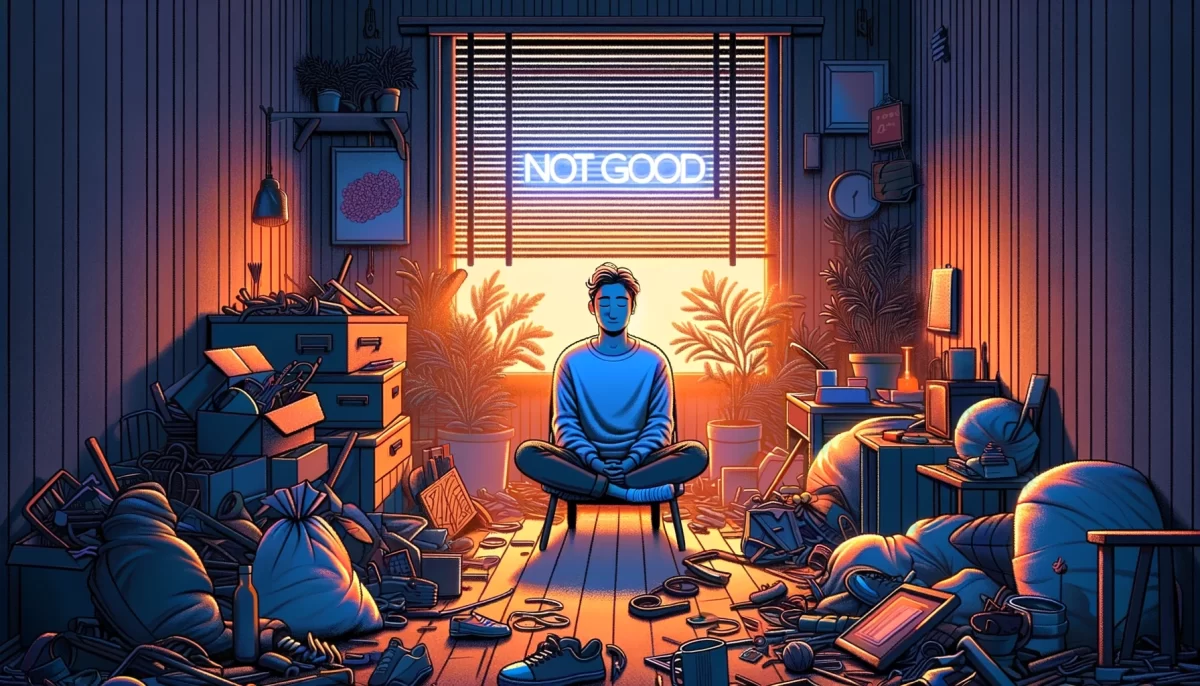
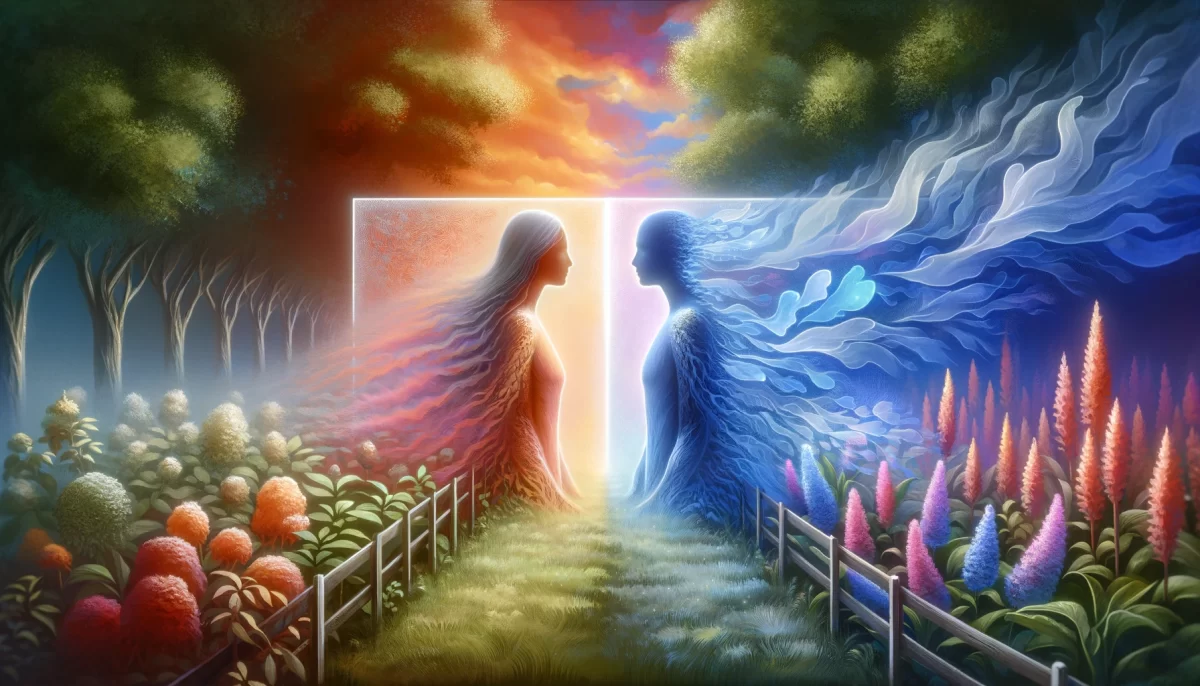

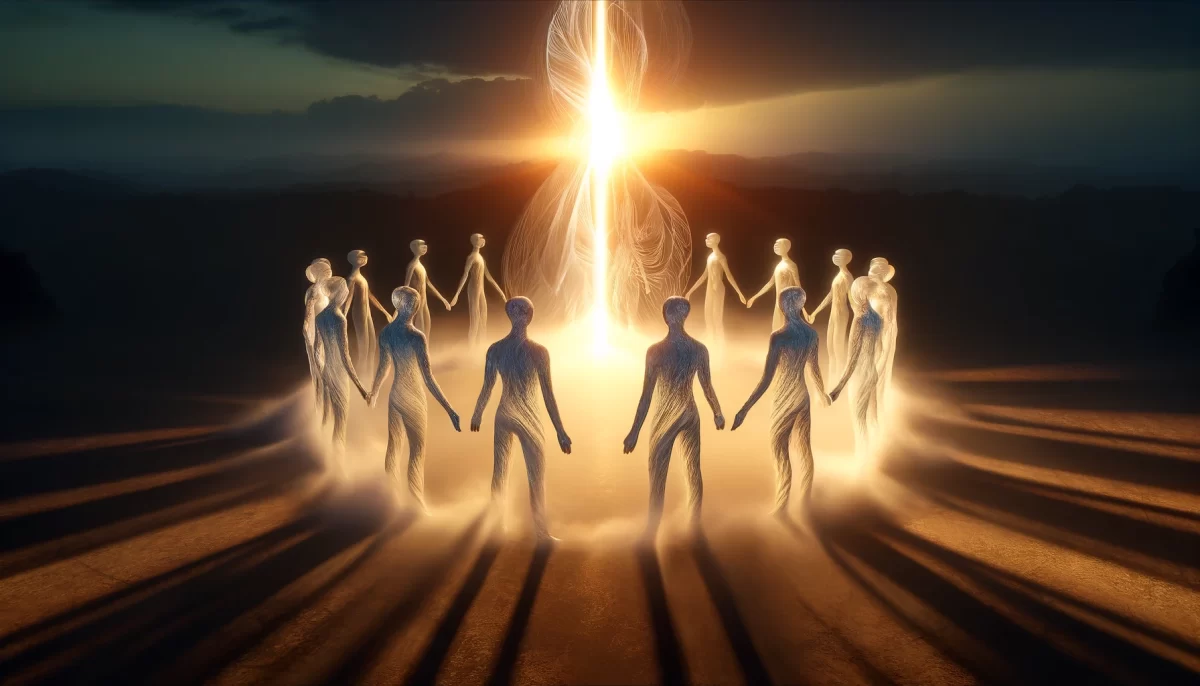
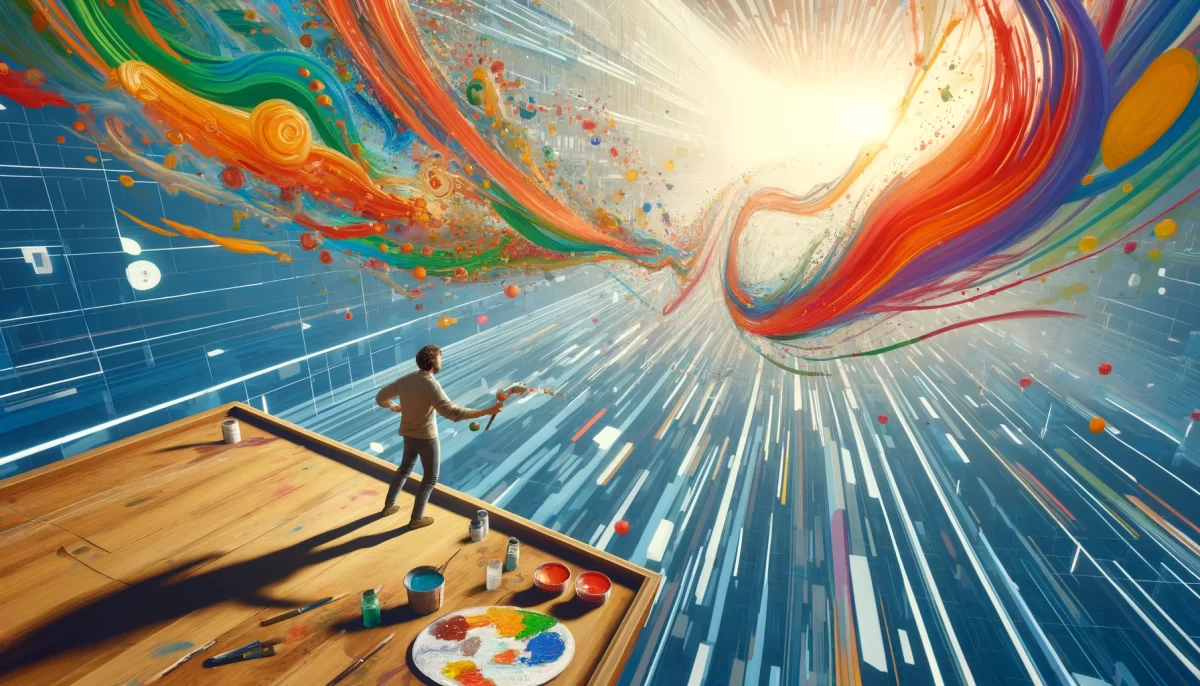

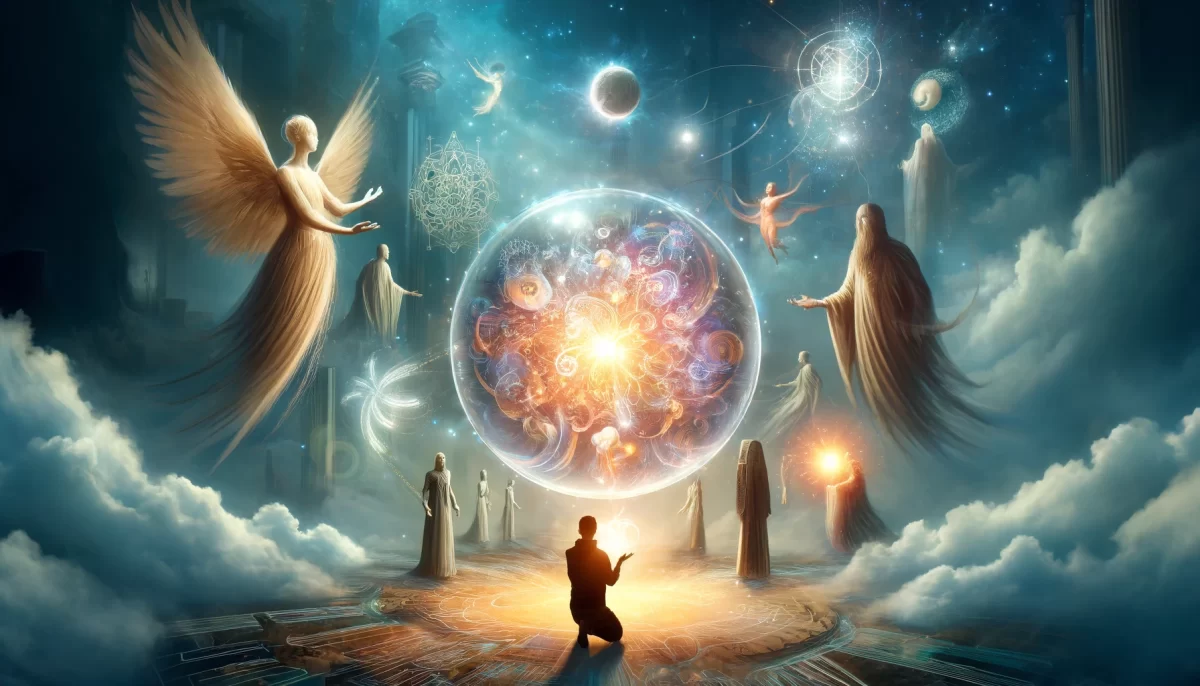






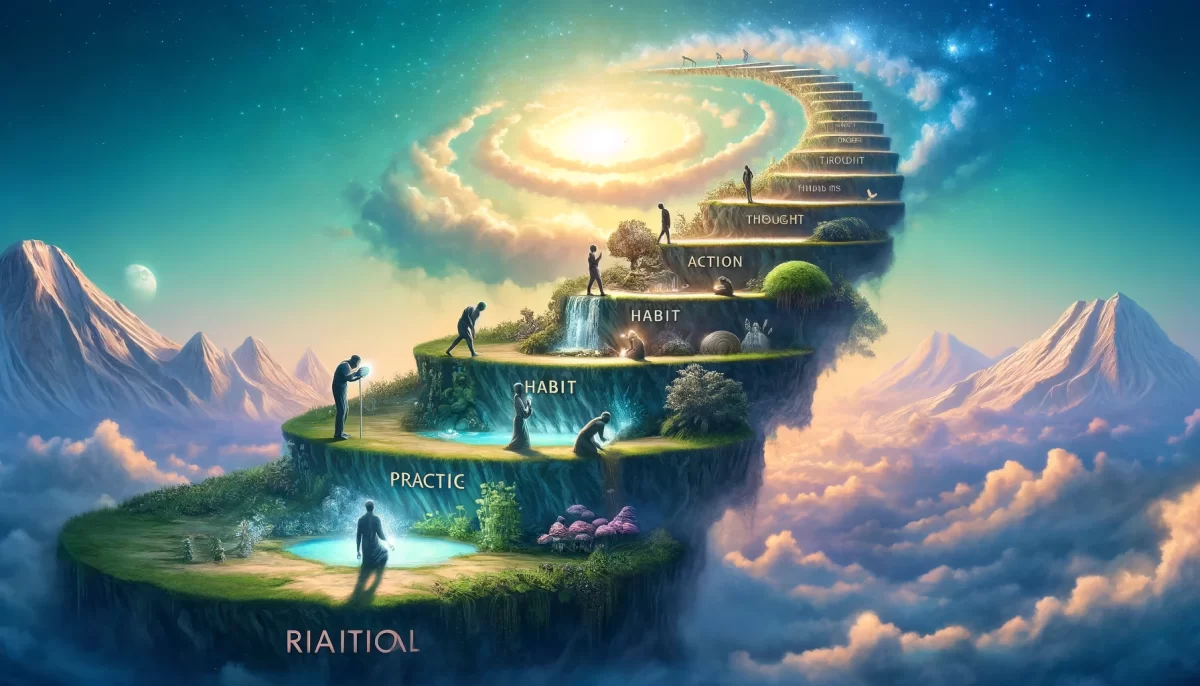

Leave a Reply